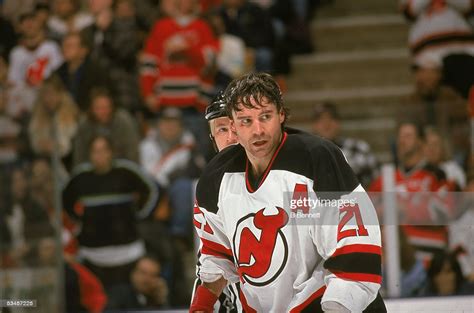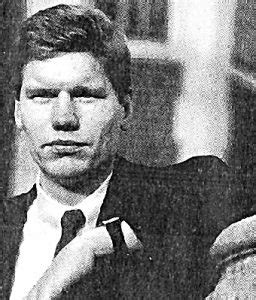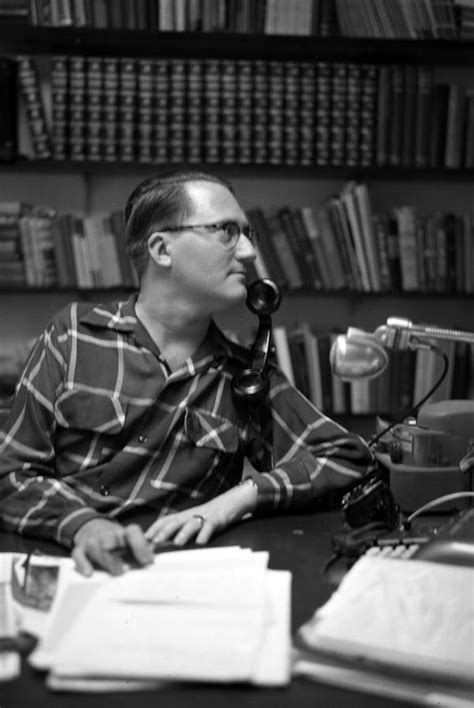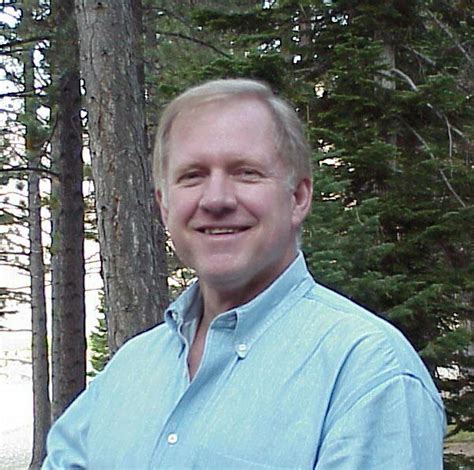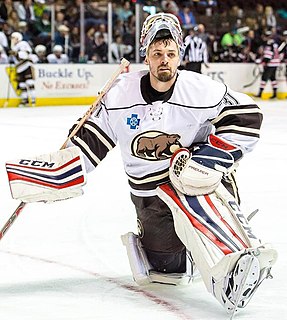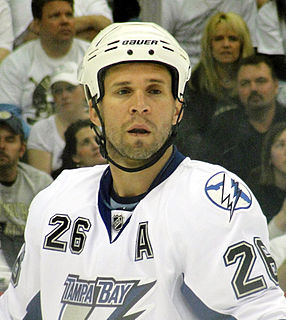A Quote by Randy McKay
I'll keep reducing my trading size as long as I'm losing My money management techniques are extremely conservative. I never risk anything approaching the total amount of money in my account, let alone my total funds.
Related Quotes
Where you want to be is always in control, never wishing, always trading, and always first and foremost protecting your ass. That's why most people lose money as individual investors or traders because they're not focusing on losing money. They need to focus on the money that they have at risk and how much capital is at risk in any single investment they have. If everyone spent 90 percent of their time on that, not 90 percent of the time on pie-in-the-sky ideas on how much money they're going to make, then they will be incredibly successful investors.
Good money management alone isn't going to increase your edge at all. If your system isn't any good, you're still going to lose money, no matter how effective your money management rules are. But if you have an approach that makes money, then money management can make the difference between success and failure.
Don’t ever average losers. Decrease your trading volume when you are trading poorly; increase your volume when you are trading well. Never trade in situations where you don’t have control. For example, I don’t risk significant amounts of money in front of key reports, since that is gambling, not trading.
We are seeing more managed money and, to an extent, institutional money entering the space. Anecdotally speaking, I know of many people who are working at hedge funds or other investment managers who are trading cryptocurrency personally, the question is, when do people start doing it with their firms and funds?
